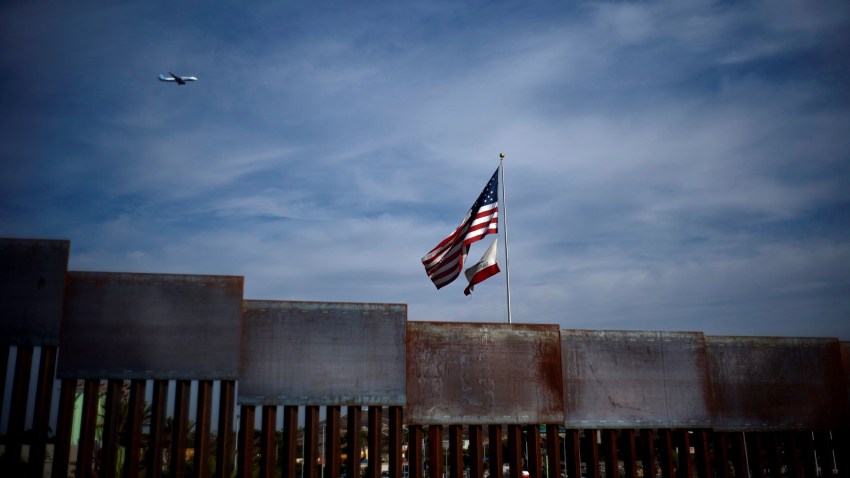Last Thursday, a controversial U.S. border control measure known as Title 42 lapsed. Put in place during the peak of the COVID-19 pandemic, Title 42 allowed U.S. border agents to quickly turn away people attempting to enter the U.S. without legal documentation, even those claiming asylum. The border is now operating under the old Title 8 provision, which restricts the ability of border agents to summarily refuse entry. That raised fears that the expiration of Title 42 would result in a “surge” of undocumented migrants that would “overrun” the U.S. border with Mexico.
The anticipated surge did not happen, as the number of daily “encounters” by U.S. border agents with undocumented migrants actually dropped. But the drama surrounding Title 42 highlights once again the degree to which immigration is a hot-button issue for many Americans. In fact, it ranks as one of the few foreign policy issues that most Americans care about, with the potential to trigger strong negative feelings, from concerns over immigrants “taking jobs” from U.S. citizens to outright racist sentiment. Those anti-immigration views, in turn, have fueled a politics of exclusion when it comes to placing restrictions on irregular migration, including the construction of border walls, of which former President Donald Trump’s was just the latest example.
But the lapsing of Title 42 also provides an opportunity to reconsider U.S. immigration policy more broadly. Specifically, rather than pointing to the need for tighter immigration restrictions, the episode highlights why the U.S. should move toward an “open door” immigration policy, making it easy for anyone who wishes to enter the U.S. to do so. Adopting such a policy will benefit the United States in three ways.

